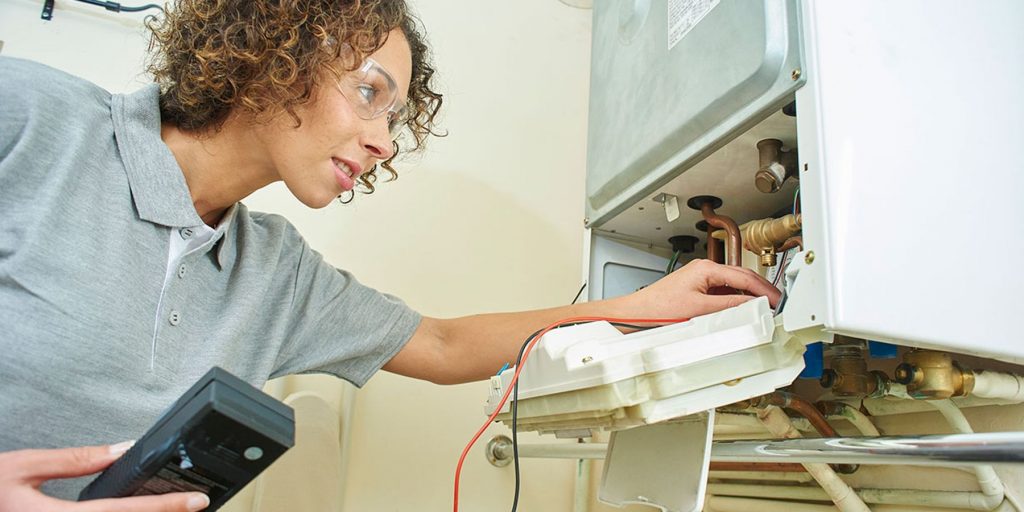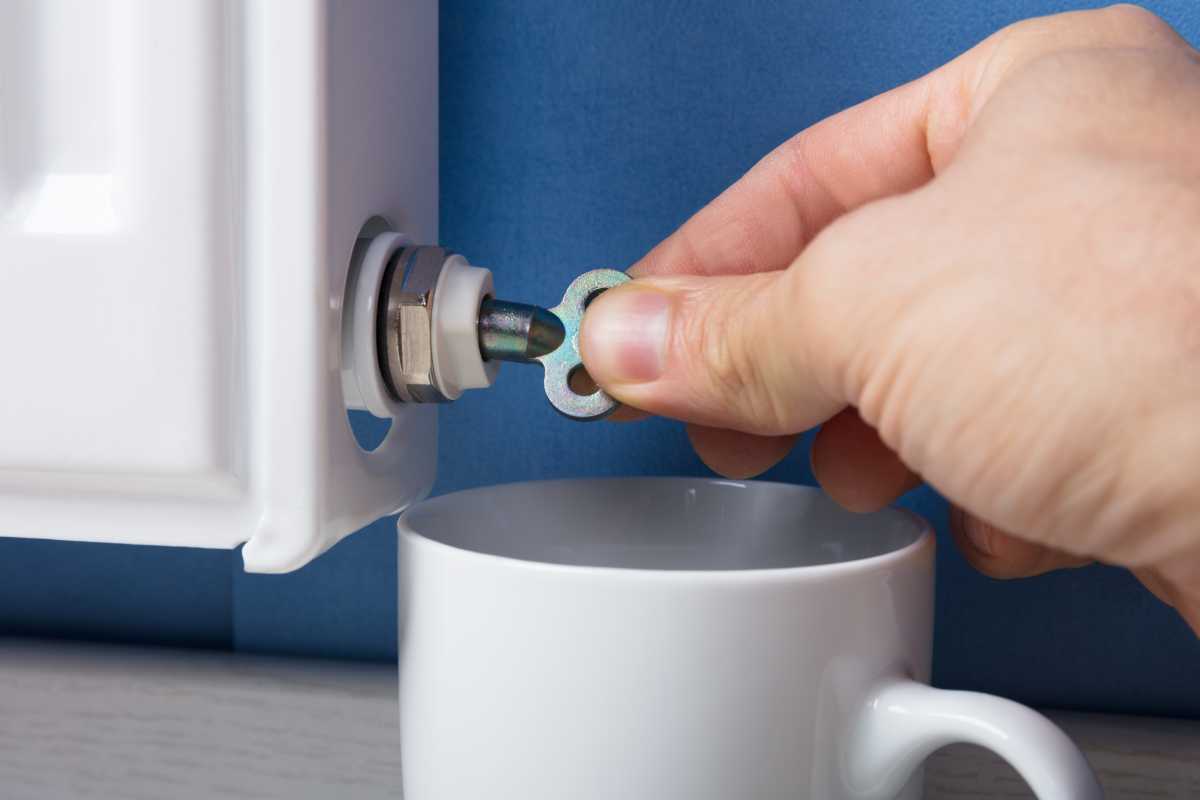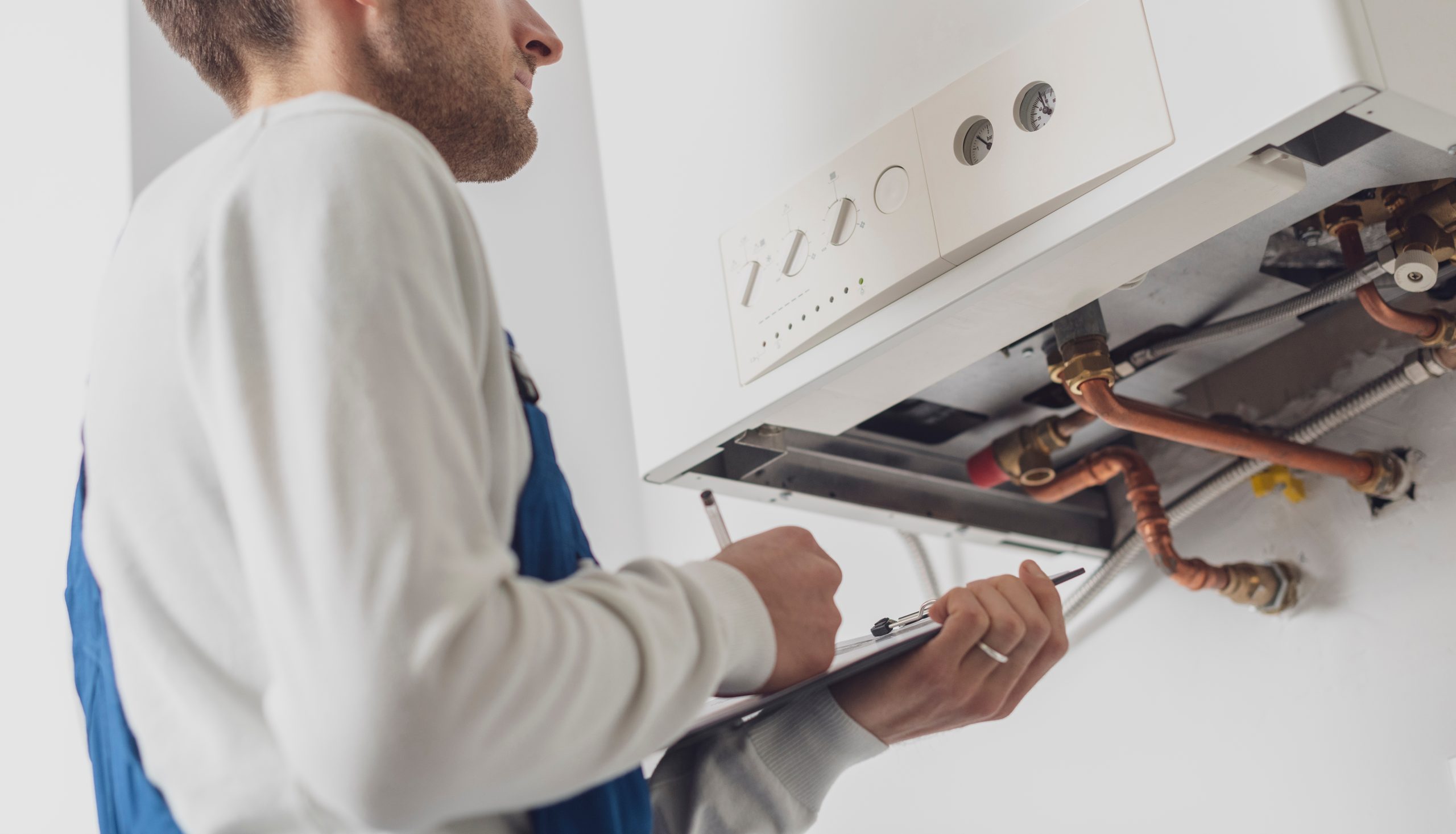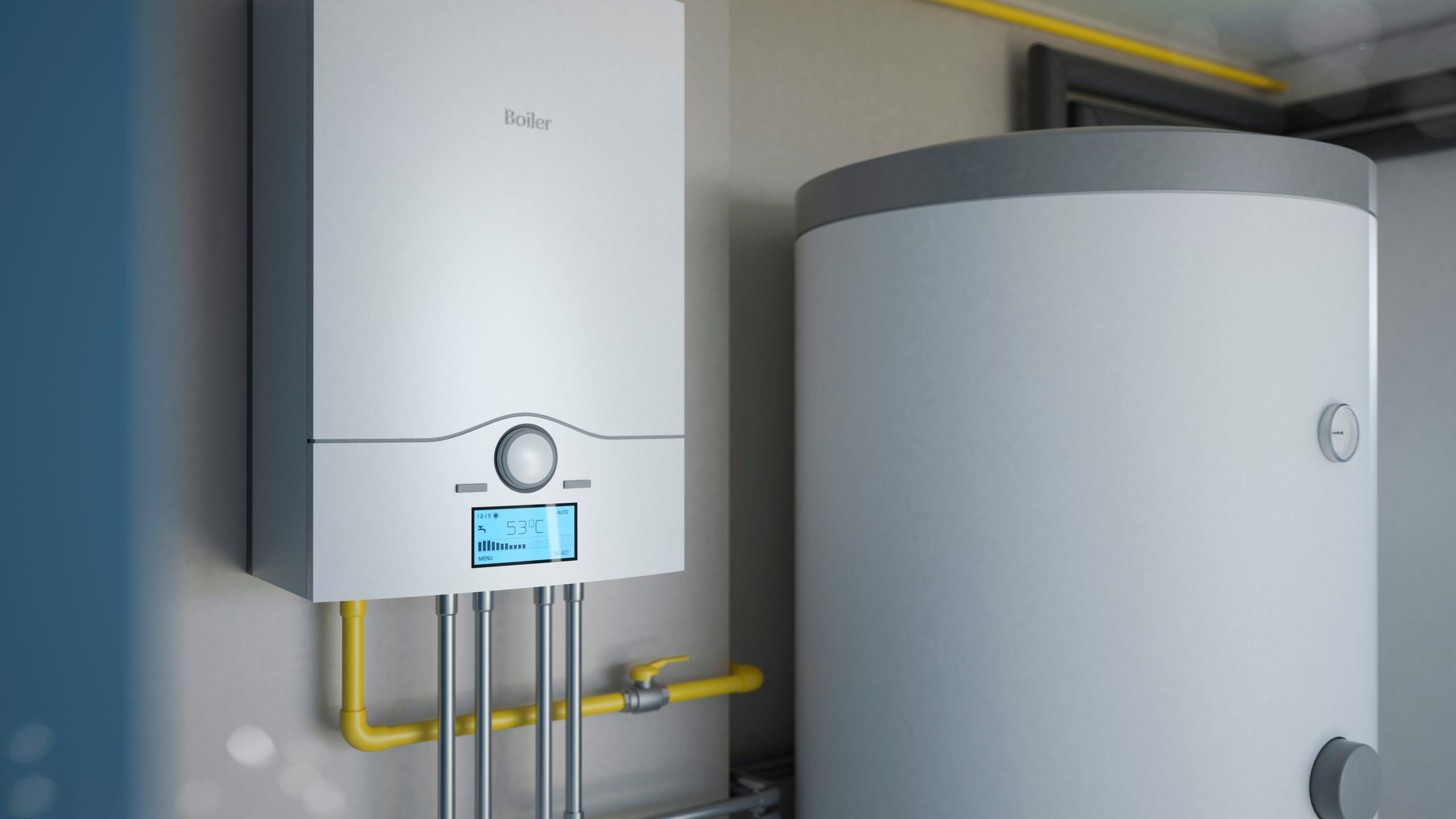How to repressurise your boiler
Boilers require pressure in the system to allow for a balance of air and water to circulate around your pipes and keep your home warm. You may find that your boiler may require to be topped up with air every once in a while, as the pressure reduces over a long period of time. This is one of the most common problems that may stop your boiler from functioning, but thankfully, manufactures have made the task of getting your boiler up and running when you have a fall in pressure a user-friendly one.
Not only can your boiler losing pressure over a period of time, but you may also find your boiler pressure is too high which comes at a risk of potentially damaging your boiler, which you want to be wary of. This would typically happen after your pressure has fallen and you have increased this yourself but overpressurised it.

In order to know how much pressure there is in your system, your boiler will have a pressure gauge which is measured in bars, reading between 0 and 4 bars. A boiler’s optimal level of pressure in order for it to operate is between 1-1.5 bars, which is usually indicated within a green area, and everything else in red. If your boiler randomly stops working, it may be that your boiler pressure is out this range, so check your pressure gauge to see if this is the cause.
In order to re-pressurise your boiler, you will need to find the filling loop, which should be underneath it. It looks like a flexible, metallic pipe with two tap-like valves. You will also need to find your pressure gauge on the boiler in order to monitor it as you top up your boiler with pressure. Once both have been found, open the valves on the filling loop to allow water from your water mains to enter the central heating system. As this is happening, you should be able to hear water flowing so you know it is working. As the water is flowing into your central heating system, keep an eye on your pressure gauge and be ready to close the valves once it reaches the green area or at 1.5 bars. Shut the valves off and monitor the pressure levels to see if it remains steady. If your boiler starts to drop in pressure immediately after, its likely you have a leak in your central heating and will need a gas engineer to attend.
Still having issues?
Enjoy a peace of mind experience of getting your boiler up and running again with our fixed-fee repair – complete with a plan of your choice


